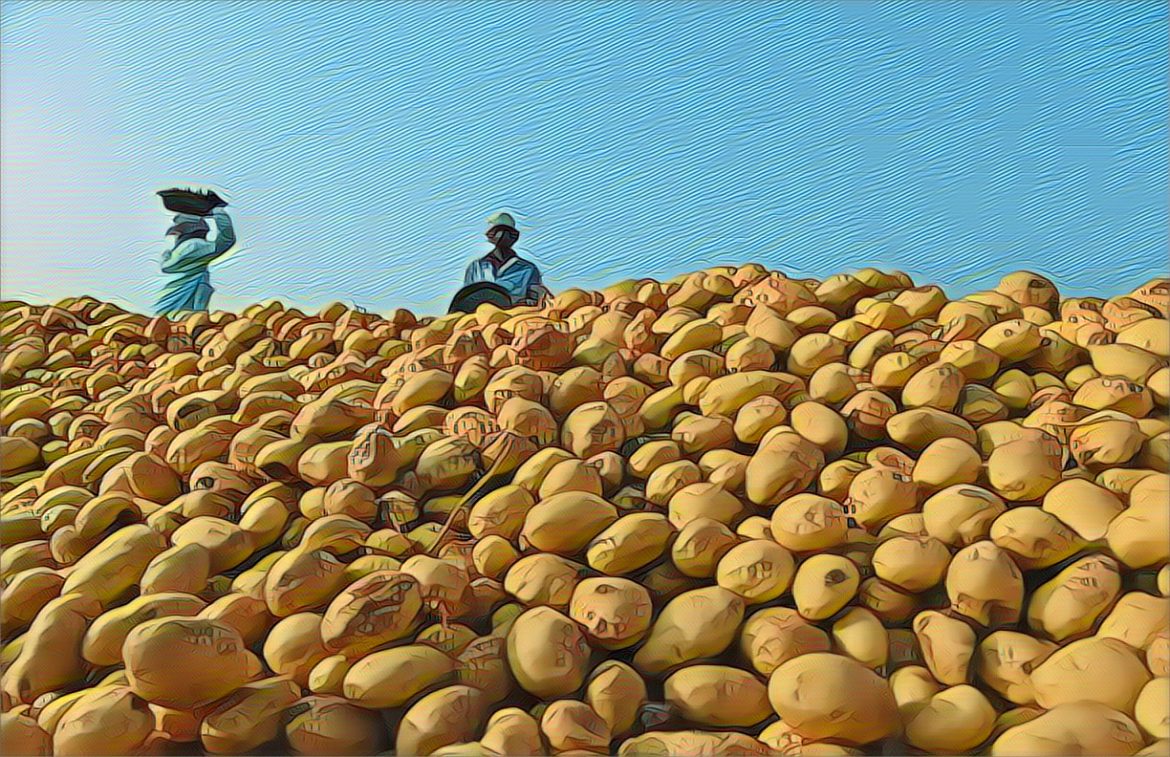Zimbabwe has achieved self-sufficiency in potato production thanks to a successful import substitution policy that has boosted local manufacturing and reduced dependence on foreign goods. The country, which used to import most of its potatoes from South Africa, has seen a remarkable increase in domestic production, from 52,000 tonnes in 2010 to 599,550 tonnes in 20230.
The government implemented the import substitution policy in 2012, aimed to protect local farmers and processors from unfair competition and encourage value addition and diversification. The policy involved banning imports of table potatoes, registering new seed houses and varieties, providing subsidies and incentives for farmers, and promoting the consumption of locally produced potatoes.
The policy has paid off in creating jobs, saving foreign exchange, enhancing food security, and improving the quality and variety of available potatoes. According to the Zimbabwe Seed Potatoes Companies Association (ZSPCA), the country now has 23 high-yielding potato varieties suitable for agroecological zones and consumer preferences. The ZSPCA also reported that the potato industry employs about 150,000 people directly and indirectly and contributes about US$300 million to the national economy annually.
The potato boom in Zimbabwe is part of a wider trend of import substitution in Africa, as many countries seek to reduce their reliance on imported goods and services, especially in the wake of the COVID-19 pandemic that disrupted global supply chains. According to the United Nations Economic Commission for Africa (ECA), import substitution can help African countries achieve productive transformation, increase intra-African trade, create jobs, and enhance competitiveness. The ECA also highlighted the role of the African Continental Free Trade Area (AfCFTA) in creating a single market that can facilitate import substitution and regional integration.
However, import substitution also faces challenges, such as high production costs, inadequate infrastructure, limited access to finance and technology, and low consumer awareness. Experts have suggested that African countries adopt a strategic approach to import substitution that involves improving the business environment, investing in human capital and innovation, fostering linkages and clusters, and ensuring quality standards and regulations. They have also stressed the need for coordination and cooperation among stakeholders, including governments, the private sector, civil society, and development partners.
Zimbabwe’s potato industry is an example of how import substitution can work in Africa if supported by sound policies and incentives. The industry has shown resilience and growth despite the country’s economic challenges. It has also demonstrated its potential to contribute to food security, poverty reduction, and industrial development. As Zimbabwe celebrates its potato success story, it can also inspire other African countries to pursue similar strategies that can harness their endogenous potential and meet their domestic needs.
Source: The Herald


